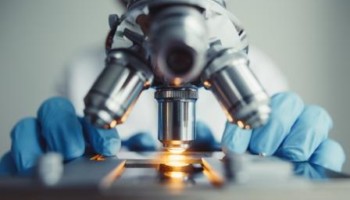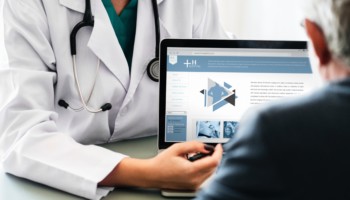To add to all the chatter about AI, let’s talk about AI as a medical device.
Last month, the Medicines & Healthcare products Regulatory Agency (“MHRA“) published guidance on “Software and Artificial Intelligence (AI) as a Medical Device”. It didn’t necessarily provide for any new regulatory approach to AI in the therapeutic space, but it brought together some important material during this period of increasing interest in AI to effectively remind software providers of their compliance obligations in the life sciences and healthcare space.
How is AI currently regulated in the UK?
AI is regulated under the Software as a Medical Device (“SaMD“) framework, which essentially governs software that is intended by the manufacturer to have a medical purpose, such as diagnose, prevent, monitor, treat or alleviate disease.
However, it is not always obvious whether software will fall within the definition of “medical device” in the UK Regulations, such that it needs to be classified and conformity assessed to legally be placed on the Great Britain market. For example, an AI tool that is designed to analyse various inputs from a user over time to provide advice about how to prevent specific conditions may be an SaMD. In comparison, an AI tool that filters information to a subset of general information about various conditions in accordance with a user’s input (akin to a search engine), may not be an SaMD.
Importantly, a manufacturer’s stated view as to the “intended purpose” of their product is not solely indicative as to whether it is a medical device. The determination is all very dependent on the surrounding facts and circumstances which is to be considered on a case-by-case basis.
We therefore often work closely with companies to review their software products (e.g., mobile apps, interactive webpages, modules in complex systems, and hardware incorporating software), accompanied by the packaging and labelling, instructions for use and promotional materials, to assess whether the product is a medical device in accordance with the UK Regulations.
The future of AI as a medical device
The entire medical devices regulatory regime in the UK is undergoing reform, which is said to become more “agile” such that it can respond to the fast-paced advancements in the medical technology sector.
In October last year, the MHRA published a roadmap for the Software and AI as a Medical Device Change Programme, which sets out the MHRA’s:
- intended approach towards clarifying the regulation of software and AI;
- workstreams for making key reforms across the SaMD lifecycle; and
- consideration of ” the challenges that AI as a medical device (AIaMD) can pose over and above classically programmed software”.
It is not entirely clear what the new regulatory framework will look like at this stage, with the government aiming for “core aspects of the future regime for medical devices to apply from 1 July 2025” (from the MHRA’s Implementation of the Future Regulations). However, the government’s response to the consultation on the future regulation of medical devices in the UK can be found here, and contains the following statement:
“The government does not propose to define AIaMD or set specific legal requirements beyond those being considered for SaMD, as this would risk being overly prescriptive.”
We will continue to watch this very interesting space in anticipation of the reform and in the hopes that it meets the needs created by rapid innovation and new entrants to the life sciences and healthcare sectors.



